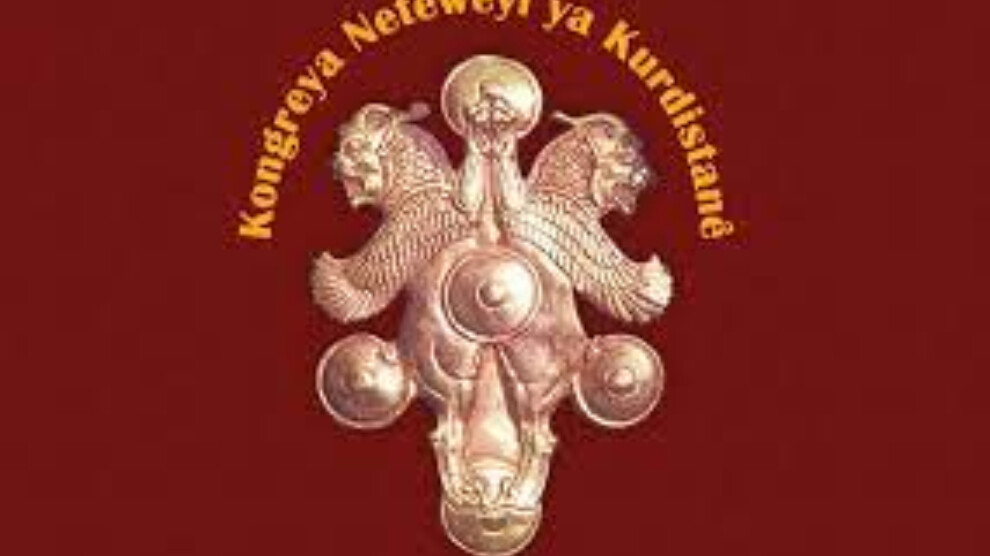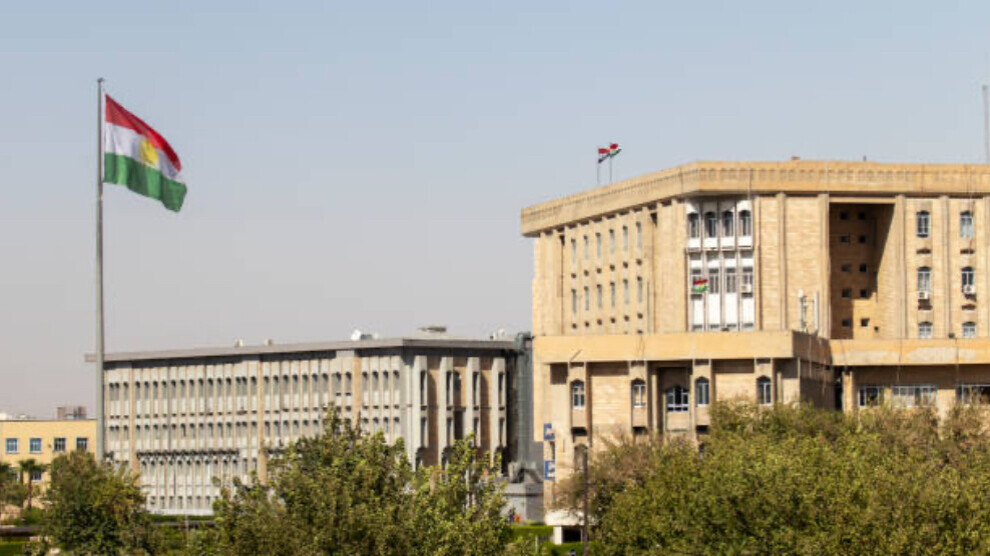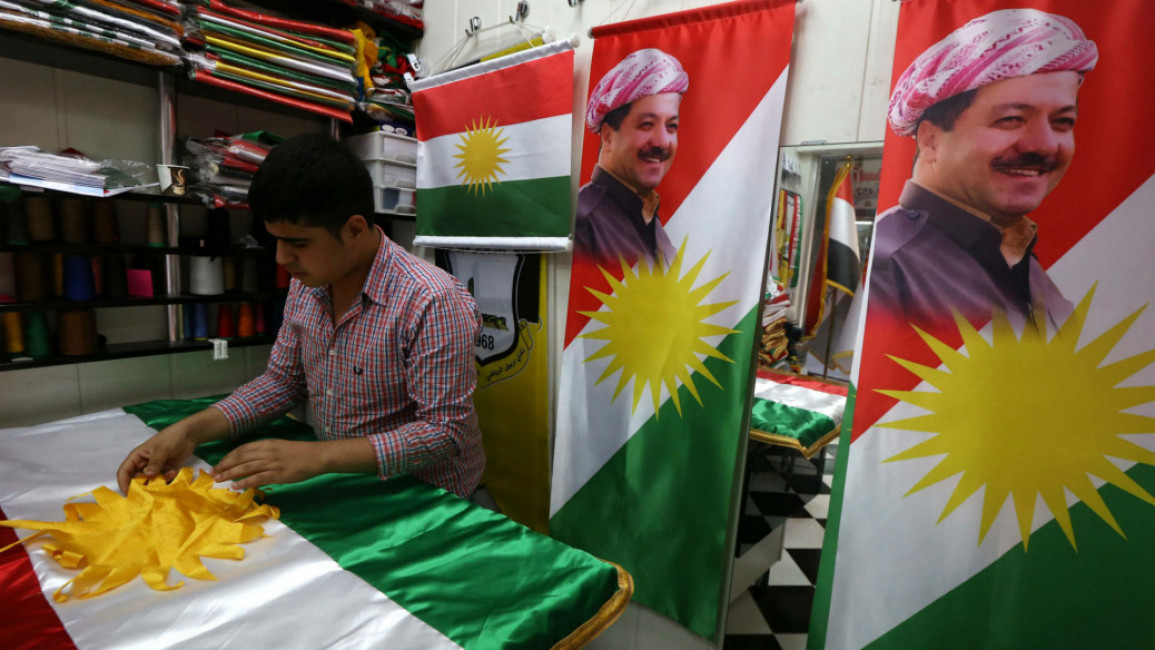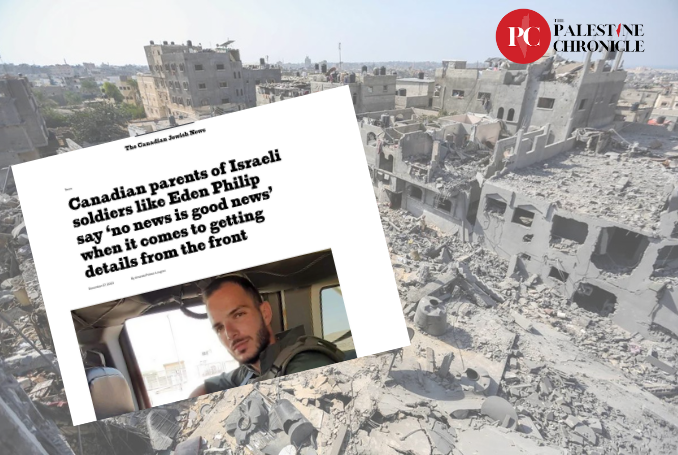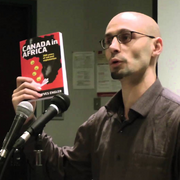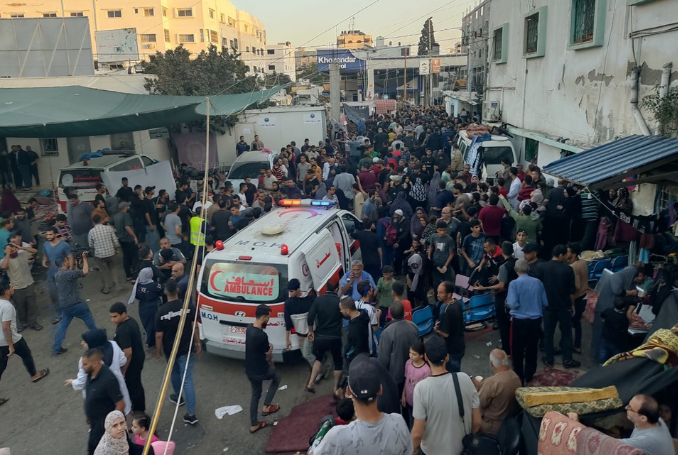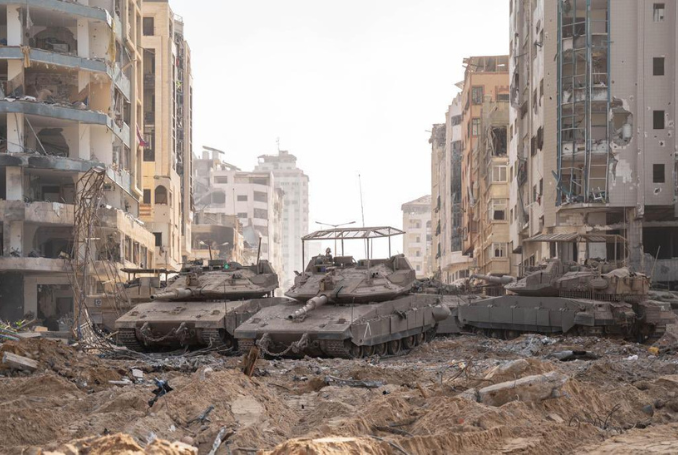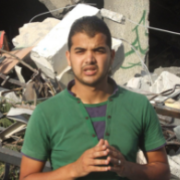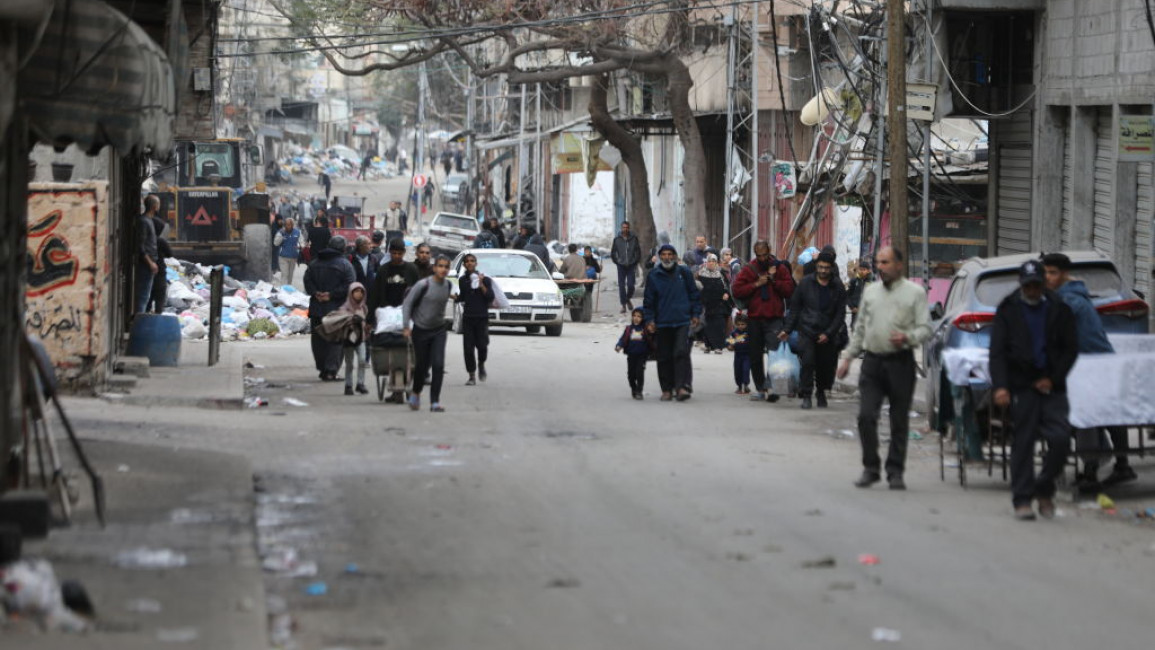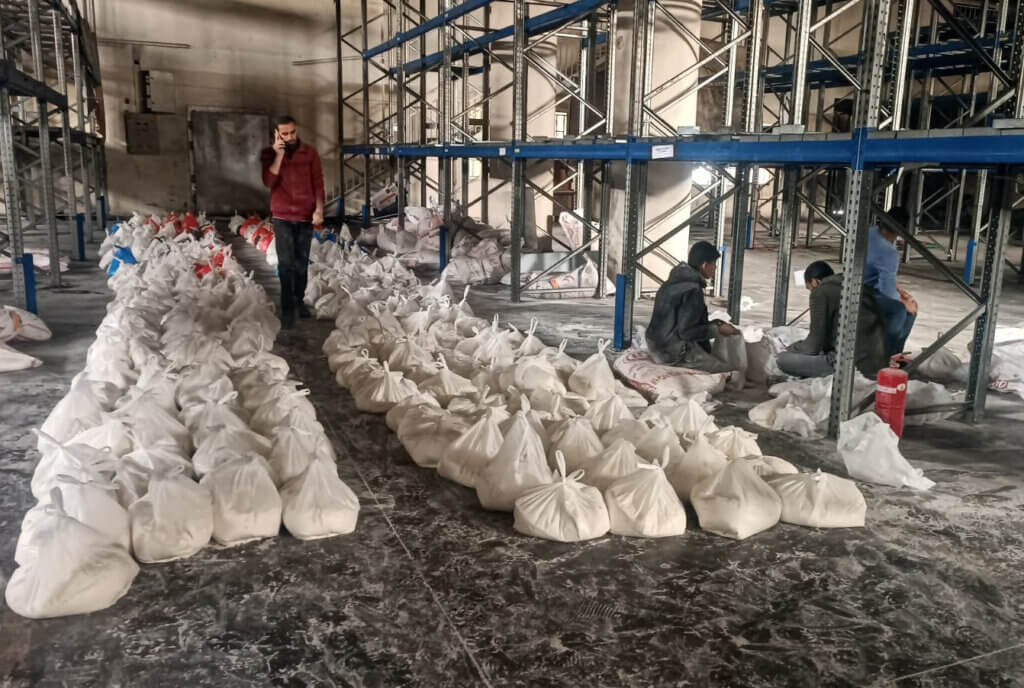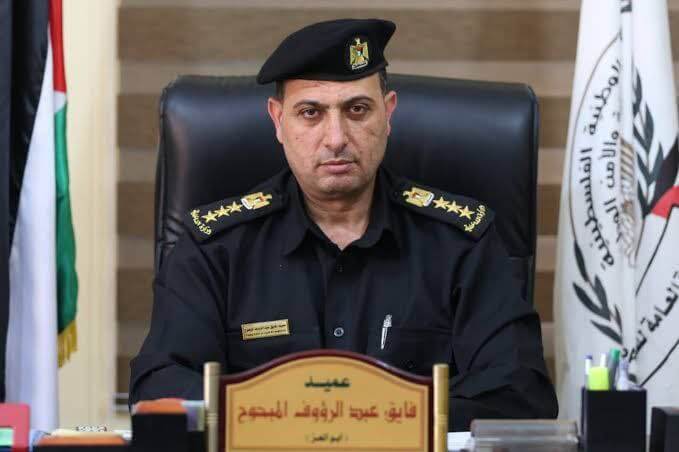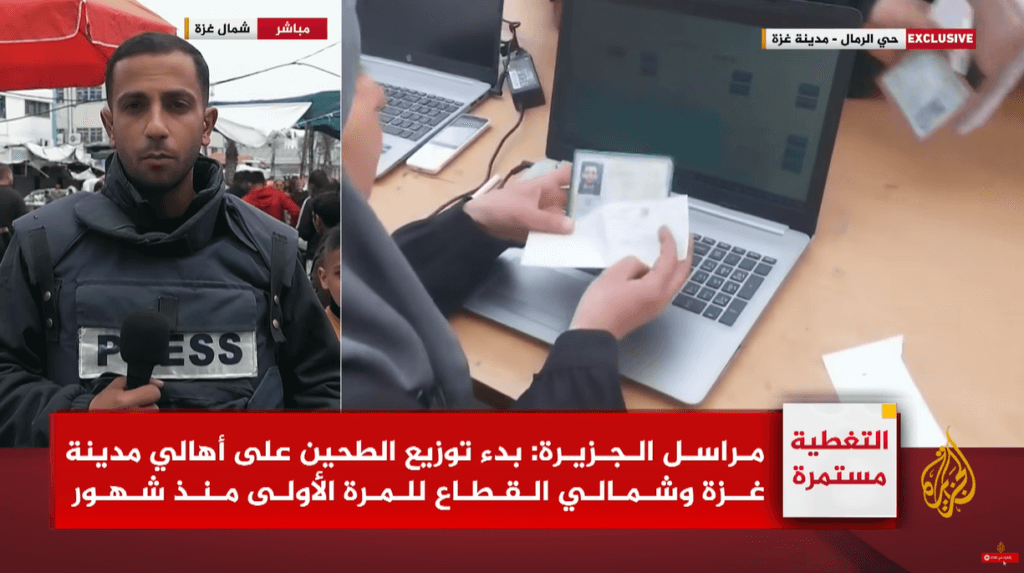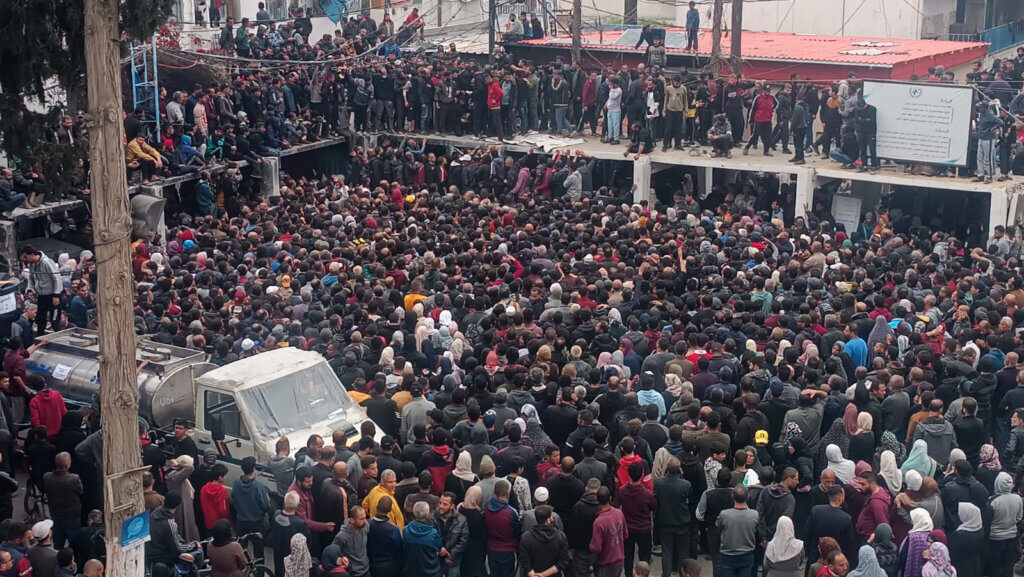Masses protested in Aleppo against the Turkish occupation of Afrin and the crimes against humanity committed by the Turkish state in the city, as well as the silence of the international community.
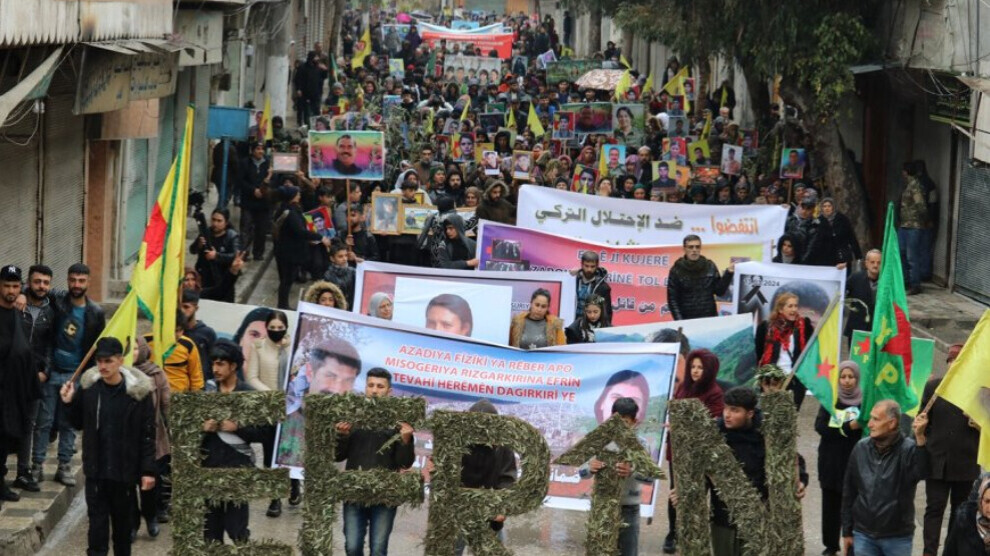
OCCUPATION OF AFRIN
ANF
ALEPPO
Monday, 18 March 2024
A march was organised in Aleppo on the 6th anniversary of the Turkish invasion of Afrin.
During the march, participants displayed photographs of Kurdish People's Leader Abdullah Öcalan and Martyrs of the Resistance of the Age, as well as banners with the inscriptions "No to Turkish occupation", "No to Turkish attacks on North and East Syria", "No to the occupation of Afrin", "Afrin is our honour, let's protect it" and "Rise up against the Turkish occupation and expel it from all Syrian lands".
The young people marching at the front carried the letters of the name "Efrîn" made of olive branches.
On the main streets of Şêxmeqsûd (Sheikh Maqsoud) and Eşrefiyê (Ashrafiyah) neighbourhoods, the slogans "Bê Serok jiyan nabe" (No life without the leader), "Şehîd namirin" (Martyrs are immortal), "Bijî Berxwedana Serdemê" (Long live the resistance of Serdem), and "Bê Efrîn jiyan nabe" (No life without Afrin) were chanted.
Addressing the crowd, Behcet Ebdo, a migrant from Afrin, commemorated the Martyrs of the Resistance of the Age. Stating that Russia and Iran also played a role in the invasion of the Turkish state, Ebdo said, "All states occupied our lands with their silence."
Calling for action to lift the darkness over Afrin and establish peace, Ebdo said, "Let us defeat the occupation and return proudly together with our military forces (HRE)."
Remziye Salih al-Kurdî, a member of the Council of Martyrs' Families, recalled the crimes committed in Afrin and called on the UN and democratic forces to end the Turkish occupation by upholding their responsibilities and to ensure the people’s safe return to Afrin.
Thousands march in Shehba on the sixth anniversary of Turkish occupation of Afrin
On the sixth anniversary of the occupation of the Kurdish city of Afrin by the Turkish state, thousands of people participated in a protest march in the Shehba region.
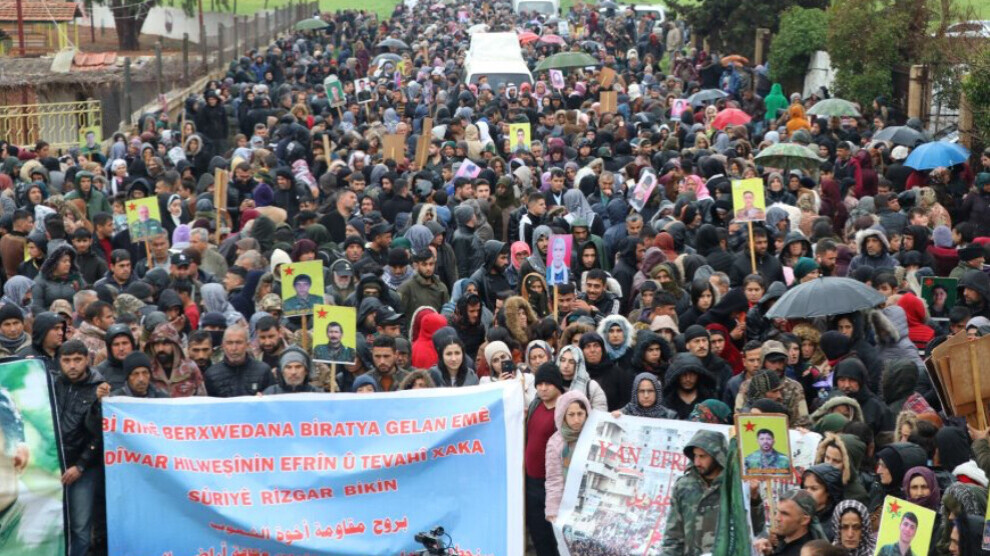
OCCUPATION OF AFRIN
ANF
SHEHBA
Monday, 18 March 2024,
Today marks the sixth anniversary of the occupation of the northern Syrian city of Afrin by the Turkish state and allied mercenaries.
The brutal campaign began on 20 January 2018, when Turkey launched air strikes on 100 locations as the onset of an invasion they dubbed ‘Operation Olive Branch.’ After two months of resistance, civilians fled and the SDF retreated to avoid further losses as hundreds of civilians died during the course of the genocidal campaign in violation of international law.
Efrin and Shehba Canton Council organised a protest march in the Ahdas district to mark the sixth anniversary of the occupation of Afrin. The demonstration was participated by thousands of people from Shehba and Afrin IDPs who took refuge there after the occupation of their homes and lands.
The demonstrators carried olive branches, photographs of the martyrs of the Resistance of the Age, images from the massacres committed by the occupying Turkish state and its gangs against the people of Afrin and Shehba.
The march to the ‘Leader Öcalan Garden’ was followed by a rally, where Xedîce Îbo, member of the Assembly of Martyrs' Families in Afrin and Shehba Canton addressed the crowd and said: "The occupying Turkish state wants to revive the Ottoman Empire and implement the Misak-ı Milli [Project for establishing the borders of the Ottoman National Pact].”
Xedîce Îbo called for the expansion of the struggle for the liberation of Afrin.
Fewzî Mistefa, Co-Chair of the Ehdas District Council of Efrin and Shehba Canton, reacted against the international powers that remained silent against the occupation and the crimes committed in Afrin and said, "The occupying Turkish state is committing genocide crimes in front of the eyes of the world and the Security Council."
Fewzî Mistefa emphasised that they would struggle until Afrin and all other occupied territories are liberated.
YPG: Our struggle will continue until Afrin and all occupied regions are liberated
In a statement on the sixth anniversary of the occupation of Afrin by the Turkish state, YPG Command said that they will "continue the struggle until the liberation of Afrin and all occupied regions."
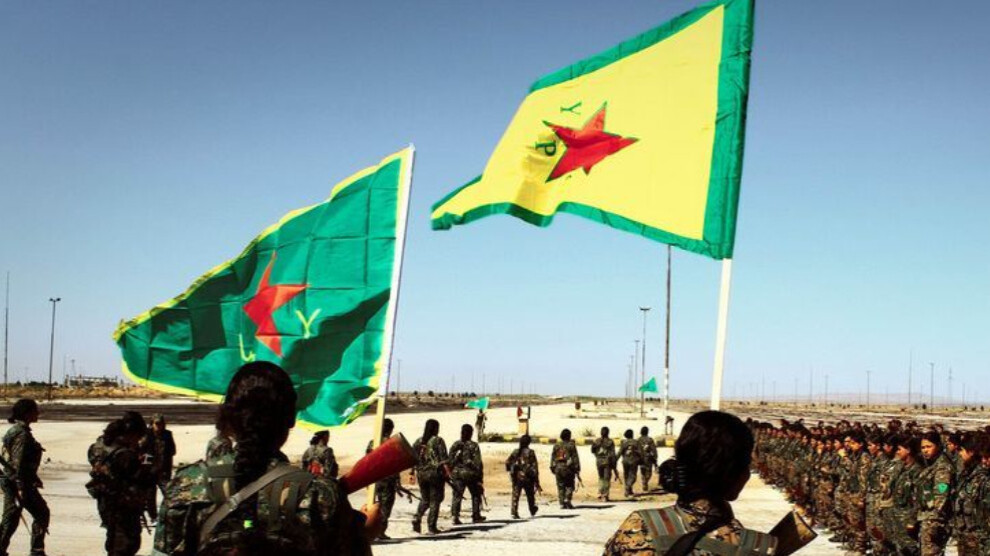
OCCUPATION OF AFRIN
ANF
NEWS DESK
Monday, 18 March 2024
Afrin Canton was the westernmost canton of Rojava and North and East Syria, home to 200,000 ethnic Kurds. Though the population was overwhelmingly Kurdish, it was home to diverse religious groups including Yazidis, Alawites and Christians alongside Sunni Muslims.
On 20 January 2018, Turkey launched air strikes on 100 locations in Afrin, as the onset of an invasion they dubbed ‘Operation Olive Branch.’
The Turkish Air Force indiscriminately shelled civilians as well as YPG/YPJ positions, while a ground assault was carried out by factions and militias organised under the umbrella of the Turkish-backed National Army.
By 15 March, Turkish-backed militias had encircled Afrin city and placed it under artillery bombardment. A Turkish airstrike struck the city’s only functioning hospital, killing 16 civilians.
Civilians fled and the SDF retreated, and by 18 March Turkey was in de facto occupation of Afrin. Between 400 and 500 civilians died in the invasion, overwhelmingly as a result of Turkish bombing. Other civilians were summarily executed in the field.
Prior to the Turkish invasion, Afrin had been one of the most peaceful and secure parts of Syria, virtually never seeing combat during the civil war bar occasional skirmishes between YPG/YPJ and jihadist forces on its borders. As a result, Afrin offered peaceful sanctuary to over 300,000 internally displaced people from elsewhere in Syria.
The YPG (People’s Defense Units) Command released a written statement on the sixth anniversary of the occupation of Afrin and stated that the occupying Turkish state organised a comprehensive attack on Afrin for 58 days in 2018 with the support of international forces and the most advanced war technology with the involvement of gang groups.
"It is clear that the Afrin attack was carried out with the approval of the imperialist powers that have influence in Rojavayê (Western) Kurdistan and Syria. Afrin Resistance of the Age is an unprecedented process and event in history. The sacrifice and resistance of our people and forces in Afrin put a strain on the occupying state and proved once again that our people can defend themselves against any attack with their own power. Hundreds of our comrades and the people of Afrin, taking part in the relentless resistance with limited means, such as Avesta Xabûr, Îlan Dara, Artêş Hakkarî and commander Karker Êrîş, were martyred whilst fighting with great sacrifice."
Reminding of the crimes against humanity committed by the Turkish state and its gangs for six years, the YPG Command stated the following:
"In the last 6 years, the demographic structure of Afrin has changed, the Kurdish people have been displaced, the human rights granted by international laws and agreements to which the Turkish state is a party have been violated, and the Kurds in Afrin have been deprived of their rights. Afrin is being cleansed of Kurds and the aim is to change the identity of the region. For this purpose, Kurds who want to return to Afrin are subjected to pressure and attacks by the occupying gangs. For this reason, we, as the YPG, reaffirm that we will continue our struggle until Afrin and all occupied regions are liberated. We respectfully commemorate all our comrades who were martyred in the Afrin Resistance of the Age, and we reiterate once again that we will enhance the struggle for freedom in their footsteps."
Autonomous Administration: We will mobilise all our means for the liberation of Afrin
The Democratic Autonomous Administration of North and East Syria announced that they will mobilise all their means for the liberation of Afrin, which has been under the occupation of the Turkish state for six years.
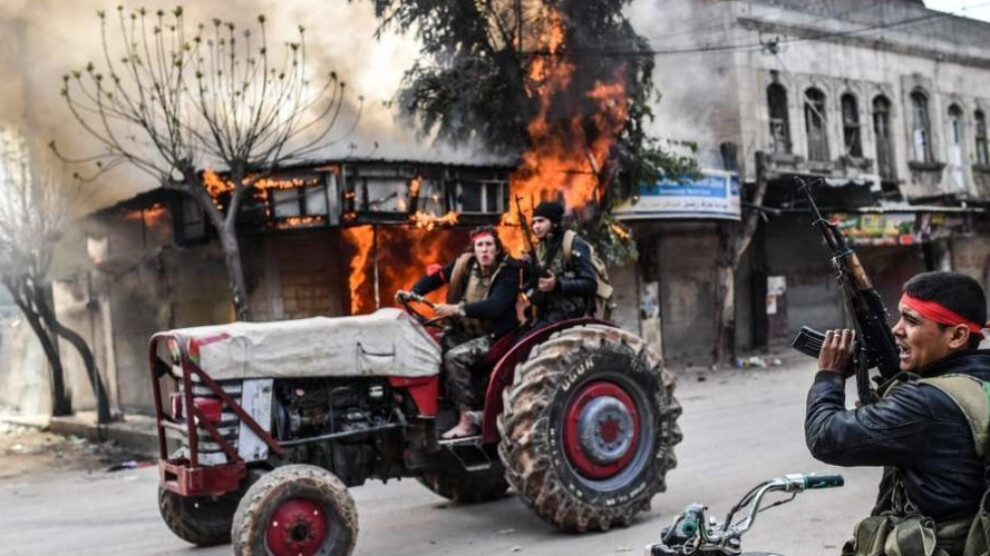
OCCUPATION OF AFRIN
ANF
NEWS DESK
Monday, 18 March 2024,
The Autonomous Administration of North and East Syria made a written statement on the sixth anniversary of the occupation of Afrin and presented a six-point road map.
Stating that Afrin was occupied as a result of conspiracies and negotiations by international and regional powers, the Autonomous Administration noted that the region has been experiencing a tragic situation since the occupation.
The Autonomous Administration said, "The reason for this situation is the practices of the gang groups acting under the directives of Turkey, disregarding all moral principles, international law and laws. The demographic structure of the region is being changed; massacres, abductions, all kinds of torture, rape and killing practices against women continue. While historical artefacts are being destroyed, the geography is being destroyed."
Noting that the presence of the Turkish state and its gangs in Afrin also means the occupation of Syria, the Autonomous Administration said, "The path of the martyrs and heroes of Afrin will be our path to victory and the liberation of the occupied areas. In this context, we wholeheartedly salute the resistance of our people in Shehba."
The struggle to be waged for the liberation of Afrin and other occupied areas was listed in five points:
1- The liberation of Afrin and other occupied areas is our strategic option. We will mobilise all our means for the liberation of Afrin and the honourable return of our people.
2- There can be no solution and peace in Syria without the liberation of Afrin and other occupied areas. We call on all nations to support our forces for the expulsion of Turkey from the region and the liberation of Afrin.
3- What is happening in Afrin is the trampling of all values. We call on the relevant international institutions and organisations to investigate the facts in Afrin and bring those responsible, including Turkish officials, to justice. The crimes committed there are happening on the directives of the Turkish state. International law and human rights organisations must fulfil their moral duty.
4- We want to inform the Syrian public opinion that the presence and practices of the occupying Turkish state in Afrin have exceeded the borders of Afrin.
5- We call on all Syrian national forces to form unity and support the resistance of our people by mobilising their means for the liberation of Afrin. The liberation of Afrin and other occupied areas is the liberation of all Syria from the politics of discord, contradiction and fragmentation.
